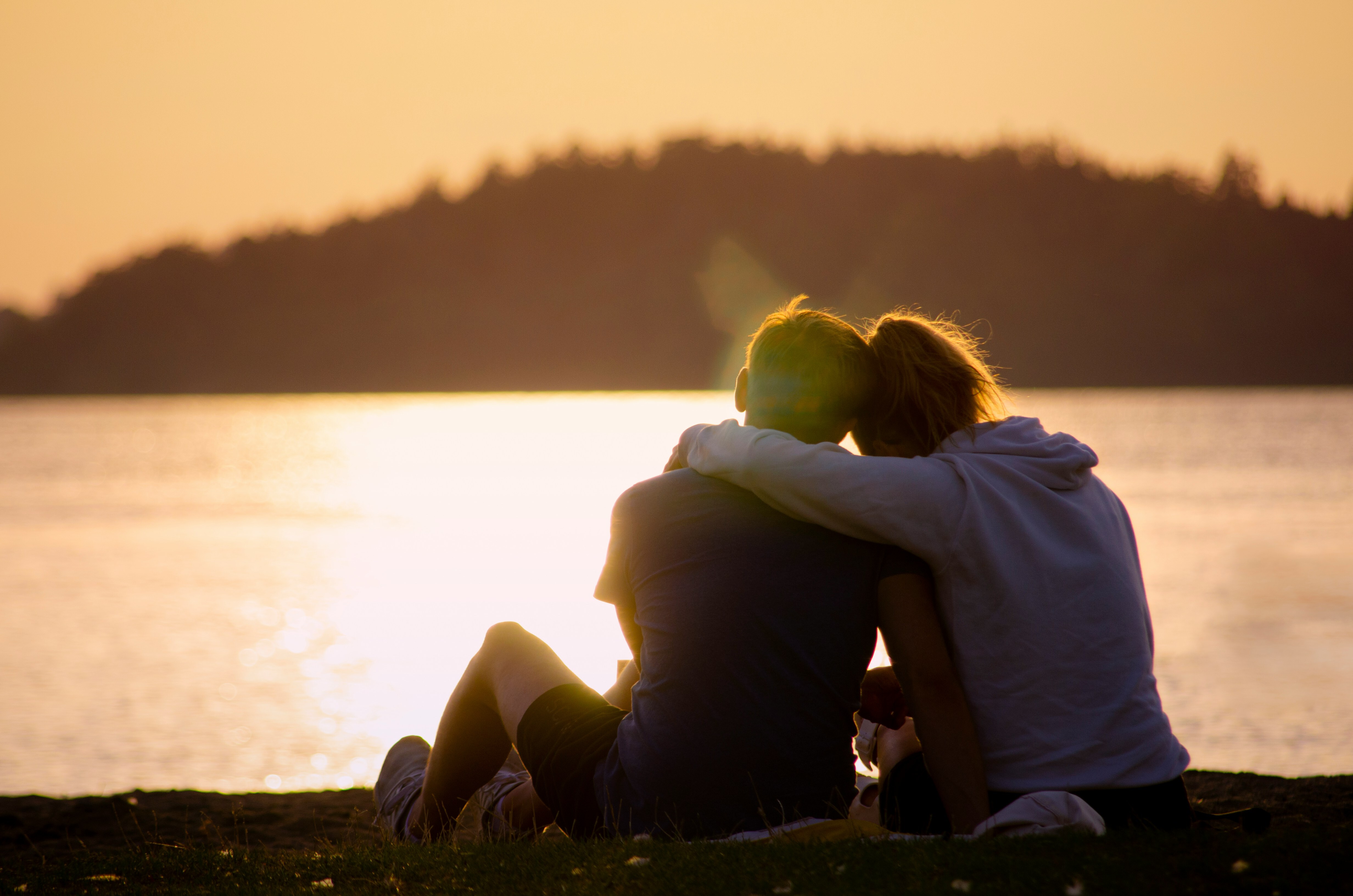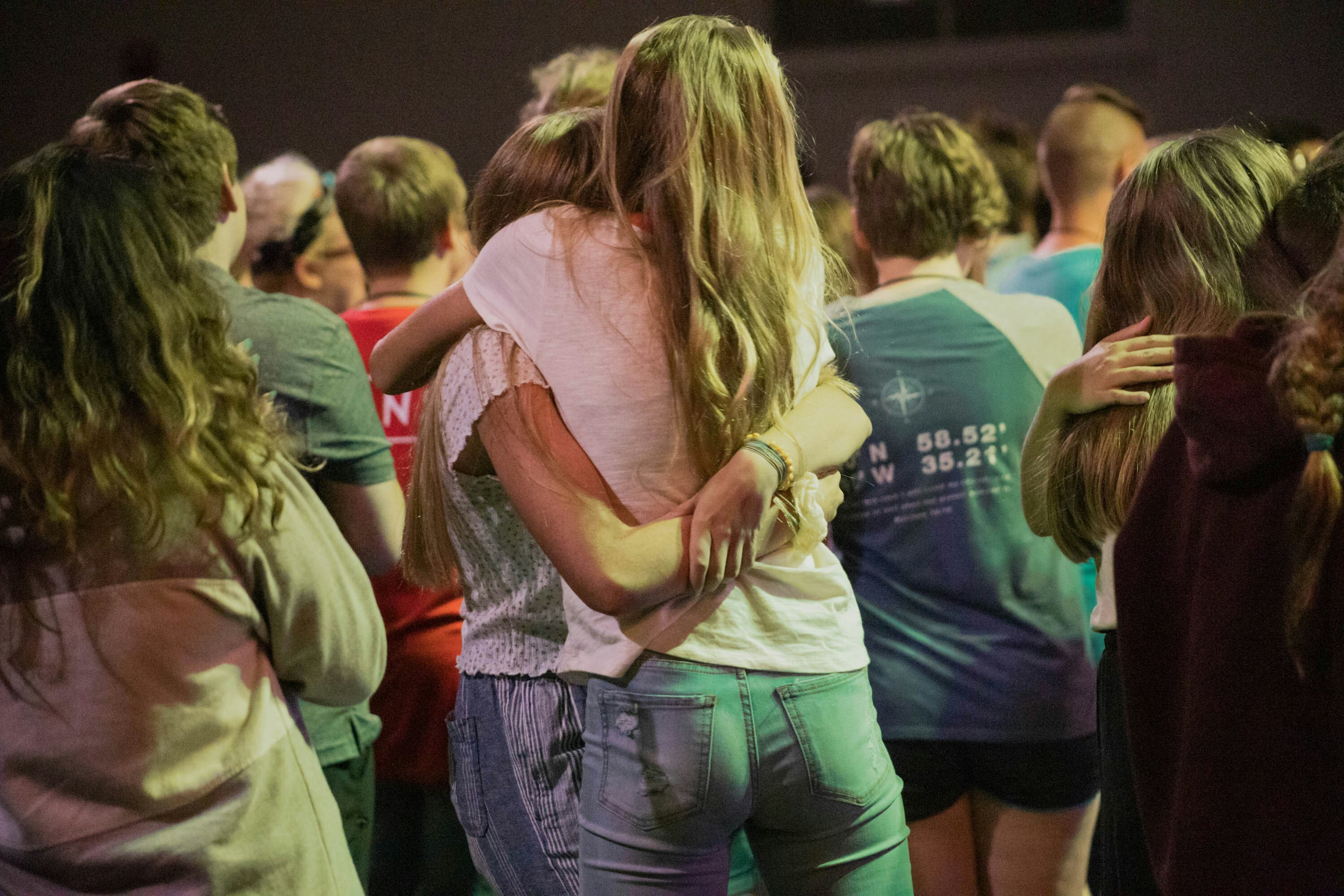Amy Child, University of Nottingham, English with Creative Writing
Nitrous oxide, commonly known as laughing gas or NOS, is a sweet-smelling, colourless gas used as a painkiller in medicine and dentistry – but it can also induce a brief high if inhaled recreationally. In November 2023, NOS joined the ranks of Class C drugs illegal to possess “if it is, or is likely to be, wrongfully inhaled”*. This Government ban arose from statistics that showed a soaring usage among students, particularly since the COVID-19 pandemic.
Prior to the ban, NOS was one of the most-used recreational drugs by 16- to 24-year-olds in the UK, picking up bronze after cannabis and ecstasy. The 2019-20 Crime Survey for England and Wales found that almost 9% of young adults aged 16 to 24 had taken nitrous oxide in the previous year, up from 6.1% in 2012-13. Not only could it be purchased cheaply online (it could legally be used to make whipped cream), but its desired effect made people feel “relaxed, giggly, light-headed or dizzy”, explaining its popularity among party-goers.

However, NOS’s more dangerous effects are no laughing matter. Recreational users can suffer anything from headaches, fainting and paranoia to neurological damage and even
death. Between 2010 and 2020, the Government registered 45 deaths from nitrous oxide, most commonly caused by suffocation when the gas was used in confined spaces.
In 2022, David Nicholl, a consultant neurologist and clinical lead at Birmingham City Hospital said, “I would describe it as an epidemic”. He added that, “During lockdowns we would see a case [of users presenting neurological complications from inhaling NOS] maybe every couple of months or so, but now we see one every week”.
The government also described the role of “associated antisocial behaviour” in pushing the ban, stating that NOS usage “causes wider harm felt by communities and to the environment”. They listed group gatherings to use the drug in public spaces and littering of discarded canisters as part of a wider problem. Prime Minister Rishi Sunak said, “I, and almost everyone else, is sick of having to deal with nitrous oxide canisters when they're walking through their communities. And it’s not just about the littering – it’s about the damage being done by the people who are using it.”
However, shadow home secretary Yvette Cooper argued that the Government’s crackdown was “too weak, too little and too late”. She claimed, “There are 10,000 fewer neighbourhood police and PCSOs on our streets today than there were seven years ago”. A zero-tolerance approach would increase the strain on police resources and time, which could be spent elsewhere. Without being integrated into a larger antisocial behaviour strategy, any hopes that the ban will have an impact on antisocial behaviour or crime is likely to be wishful thinking.
But what do young people make of the ban?
Nicole Barnes, aged 20, expressed her concern that “if you make it [NOS] illegal, it’s going to be sold illegally and have more chemicals mixed with it, making it more dangerous,” before adding, “Although it can already have lethal effects.”
Ella Dawson, 18, told us: “I think the government should focus on more significant social issues like the cost-of-living crisis, rather than banning substances that no one I’ve met has ever used.” Rebecca May, 20, stated that, “I don’t think bans ever help anything. They don’t help the people who need help with addiction.”
Others of the same generation had mixed views. Wills Bunce, aged 20, said of the ban: “I think it is a good thing. Laughing gas affects a lot of young people’s health. However, it’s one of those things that’s a resistance symbol for young people, and because of that, it’s socially accepted in young peoples’ circles. Banning it could make young people think the Government are trying to control them and what they do.” Gracey Court-Jones, 19, noted that the ban “is so necessary, but also causes an illegal market, so it’s kind of a lose-lose”.
Other young people also came out largely in favour of the ban. Neha Prabhu, age 21, said, “I think it’s a good idea. I feel it [NOS] should only be used in medical settings”. Ollie Ennis, 19, agreed, telling us: “The ban is very good. NOS has a very high risk/low reward ratio, meaning it’s very dangerous if taken incorrectly”.
“I’m not sure who was still using NOS anyway,” Arohi Panigrahi, 21, observed. “But [it’d be a] bonus with less litter of those tiny bottles everywhere”.
Ultimately, the NOS ban is an important step towards keeping young people and communities safer. Although it might burst a few balloons, it is a necessary precaution against more dangerous and damaging consequences, which could have long-term effects on young people’s health.
For more student perspectives on safety and crime prevention, read The Lookout magazine!
*The Home Office's guidance on the Nitrous Oxide ban: https://www.gov.uk/government/publications/nitrous-oxide-ban/nitrous-oxide-ban-guidance
For advice and guidance on drugs and drug consumption, visit Talk to Frank: https://www.talktofrank.com/

